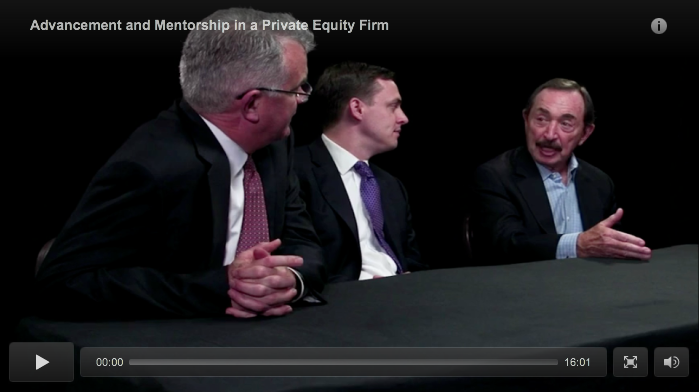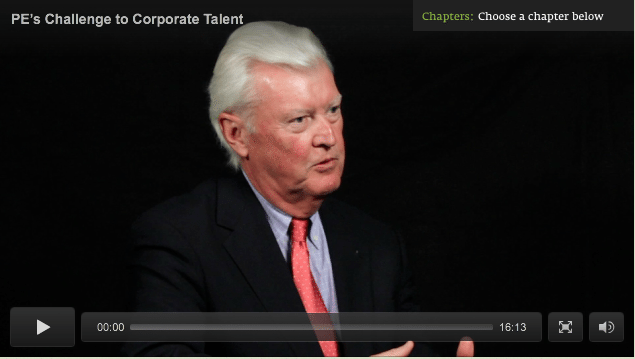Up With PE People
I recently spoke with a veteran fundraiser who shared some market intel that fits an important human-capital trend: rising demand for individuals with proven skills as “direct” private equity investors, even as the sprawling population of private equity firms is being culled.
According to my fundraising source, an unnamed sovereign wealth fund is currently looking to hire a team of in-house investors and intends to put a substantial amount of capital behind them. The fund is seeking a more efficient way to satisfy an increasingly common hunger among the limited partner community—to make investments directly. By circumventing the general partner, the thinking goes, the LP can circumvent the fees and carry that comes along with them.
To put together its team, the fund has carefully studied the individual track records of professionals within major private equity firms with an eye toward poaching the most talented. The fund is approaching them with the idea of creating its single-LP team—and adding additional inducements to seal the deal. Since many investment professionals are wary of a platform with a single source of capital, this sovereign wealth fund is considering allowing its in-house GPs to raise external capital after some time has passed and some major milestones have been met. Think of it as an “indentured” general partner.
The sovereign wealth fund’s move reflects a simple reality: Investors want more private equity, but they want an improved version of it. They want more of what makes the asset class so attractive and less of what makes it seem expensive and opaque. Some believe that the solution lies in direct investing.
It’s an alluring premise. But direct investing done right requires dedicated staff with highly specialized skills. A typical LP spends most of its time evaluating hundreds of GPs per year and doesn’t also have the time, resources, and expertise to quickly decide whether to commit $100 million in equity to, say, a German pet-food distributor.
Direct investing, in other words, is a full-time job. That’s partly what created the GP-LP model in the first place.
What kind of experience does a sought-after direct investment professional have? Serious, through-the-crucible, round-trip-deal experience. They have sourced and modeled deals, structured financing, overseen operating progress, and most importantly, consummated a profitable exit.
The emerging indentured GP model means such talent will continue to be in high demand, even as many of the firms they’ve traditionally worked for fight to raise every penny.
A case in point: A recent LP survey conducted by Probitas Partners found that exactly zero percent of respondents were considering reducing their allocation to private equity or exiting the asset class. But 54% said they were looking to “decrease significantly” the number of GP relationships they maintained.
While the rising demand for talent is good news for anybody who has the talent demanded, it will make more acute a challenge that private equity firms have long faced—retaining the best people. Here’s one unpleasant scenario for an existing GP: The LP that decided not to invest in your next fund has decided instead to launch a $1 billion direct-investment program that needs to be staffed, and it wants to poach three of your deal professionals to staff it. The offer may be irresistible, since staying put means they might not have another fund to manage.
Economically rational founders have long attempted to pay themselves the most money while making the economics for the rest of the team just attractive enough that they don’t jump ship. Talent retention will be even more difficult with two trends at work—the rising value of direct-investment talent generally, and the increasing sophistication by which industry participants are able to evaluate individual track records. As investors and advisers dig deeper into fund track records, they are unearthing valuable insights into who did what, putting the value- creation heroes in play.
Ultimately, a key barrier to the growth of the private equity asset class is talent. Before a greater percentage of the world’s private companies are owned or backed by private capital, we will need more people who can profitably do these deals. The acquisition and management of a private company is a difficult process—and the number of people who can do it successfully are few relative to the growing demand for their skills among dissatisfied, yield-starved LPs.
Even as the population of private equity firms shrinks, the demand for experienced direct investors will remain strong, writes Privcap CEO David Snow


